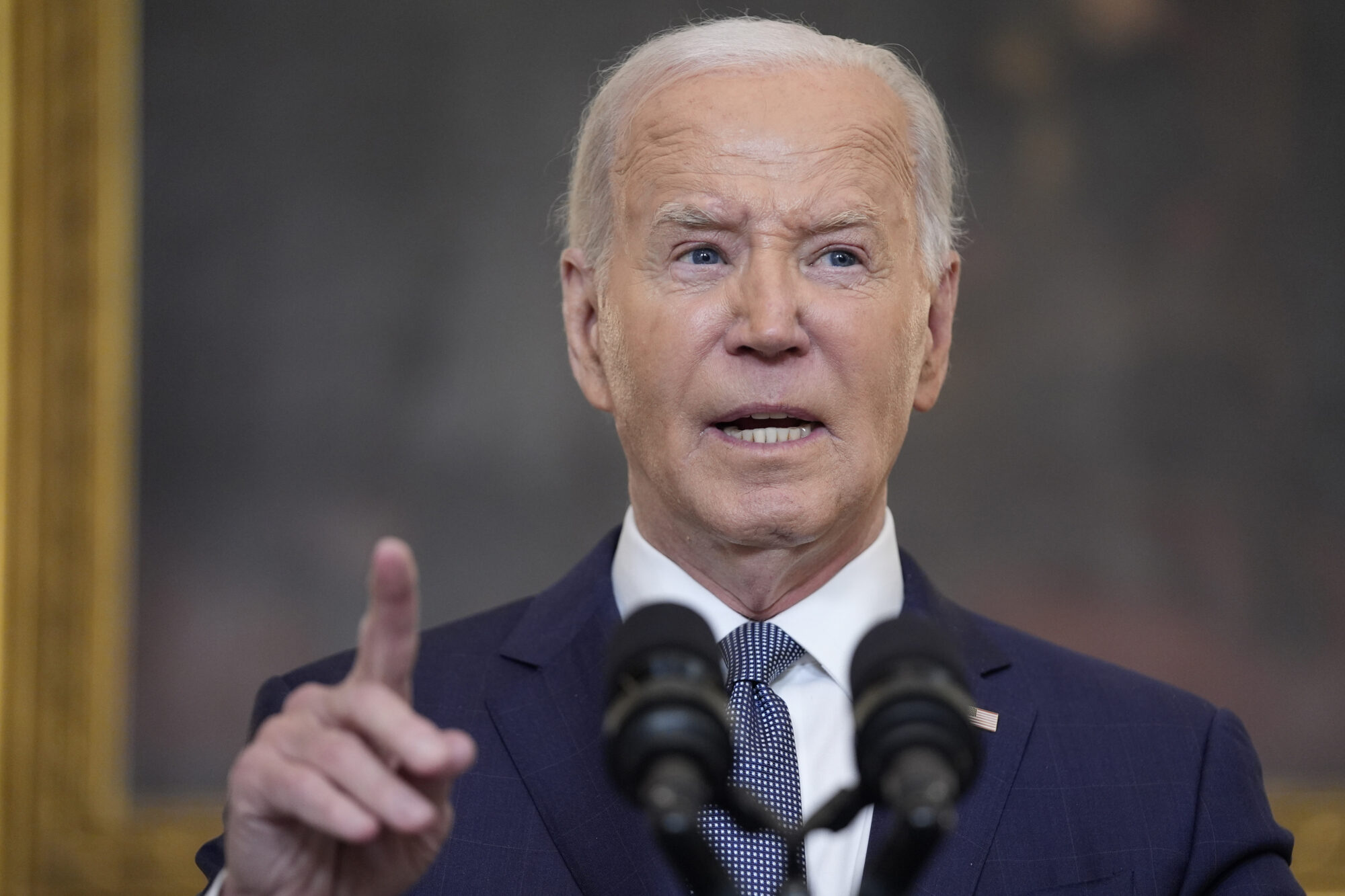http://www.cjonline.com/interact/blog/reasonmclucus/2009-05-12/bcs_felons
I don’t expect to comment on sports very often, but the following involves a significant legal question. Are major college football programs above the law?
According to the Sherman Anti-Trust Act the leaders of the BCS and the bowl games they work with are guilty of a felony.
” Every contract, combination in the form of trust or otherwise, or conspiracy, in restraint of trade or commerce among the several States, or with foreign nations, is declared to be illegal. Every person who shall make any contract or engage in any combination or conspiracy hereby declared to be illegal shall be deemed guilty of a felony…”
The U.S. Supreme Court has already ruled in NCAA v. BOARD OF REGENTS OF UNIV. OF OKLA., 468 U.S. 85 (1984) that college football is subject to the Sherman Act.
The BCS is set up so it limits who can play for the mythical major college football championship. The BCS system gives an advantage to the better financed programs over programs that have less funding. Congress enacted the Sherman Act to prevent larger businesses from unfairly using their size to compete unfairly with smaller businesses.
The BCS contract itself may be described as illegally favoring the traditionally dominant football conferences. According to CNN, “the six traditionally dominant conferences — the Atlantic Coast, Big East, Big 12, Big Ten, Pacific 10 and Southeastern — are guaranteed at least one berth in one of the BCS bowls. Each year, they are awarded $18 million, plus $4.5 million for each additional team that appears in a bowl game. Meanwhile, only one team from the smaller conferences — Conference USA, Mid-American, Mountain West, Sun Belt and Western Athletic — is given this opportunity. For the 2006-07 post season, an average of $25.5 million in revenue was awarded per large conference, while the small conferences averaged $5 million each.”
Major college football isn’t about “rah, rah, rah” or “win one for the Gipper”. Major college football is a big business and some head coaches make millions. 19 of the 20 largest football stadiums in the country are used by colleges rather than professional teams.
The big football schools want to limit competition for players and money. Schools that have the best chance of playing for the championship can use the fact as a recruiting tool. Schools like the University of Utah might be allowed to play for the basketball championship, but not the football one.
cjonline.com
5/12/09







